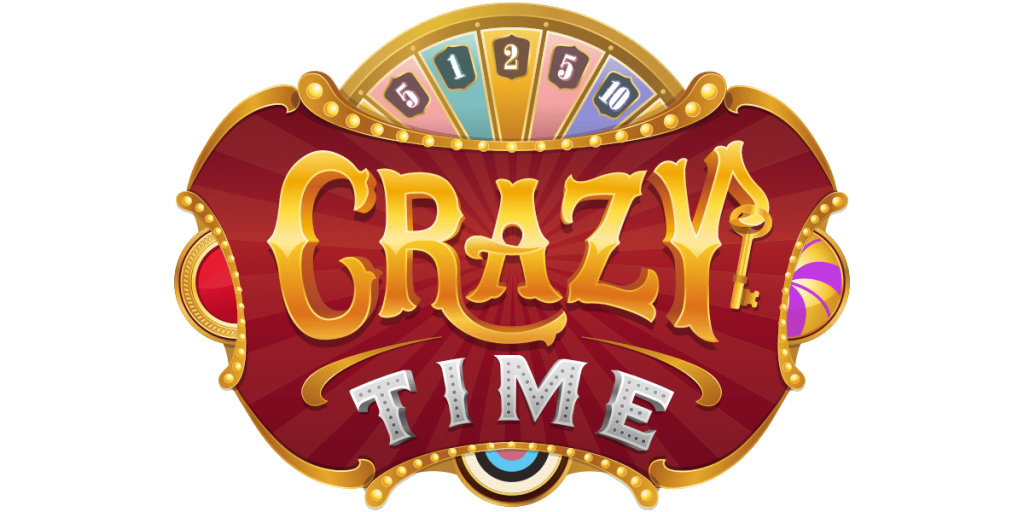Coin-In in Casinos: In the world of casinos, the term “coin-in” is fundamental to understanding how gaming operations are measured and how profitability is assessed. Despite its seemingly simple name, coin-in encompasses a broad range of financial metrics, player behaviors, and machine activities. This article will explore what coin-in means, how it’s calculated, why it’s important to casinos, and how it differs from other related terms like handle, drop, and win.
Coin-In in Casinos: What is Coin-In?
Coin-In in Casinos: Coin-in refers to the total amount of money wagered by players on a slot machine or other electronic gaming device. This is not the amount inserted into the machine, nor is it necessarily the amount lost by the player. Rather, it’s the cumulative total of all bets made—whether from initial deposits, winnings, or free play credits.
Coin-In in Casinos: Key Characteristics of Coin-In:
| Feature | Description |
|---|---|
| Measurement | Total amount wagered over a time period |
| Applies To | Primarily slot machines and electronic table games |
| Includes | Wagers from inserted cash, tickets, and replayed winnings |
| Excludes | Unused credits or amounts not wagered |
How Coin-In is Calculated
Coin-In in Casinos: Let’s break it down with an example.
Example Scenario:
- A player puts $100 into a slot machine.
- The player wagers $1 per spin and spins 300 times using winnings to continue playing.
- Over time, winnings are reinvested, and eventually, the player cashes out with $20.
Here’s what it looks like:
| Metric | Value |
|---|---|
| Initial Deposit | $100 |
| Total Spins | 300 |
| Wager per Spin | $1 |
| Total Wagered (Coin-In) | $300 |
| Final Payout | $20 |
| Actual Loss | $80 |
Coin-In in Casinos: Even though the player only brought $100 and walked away with $20, the coin-in was $300 because that’s how much was wagered in total. Winnings were replayed, increasing the total amount bet.
Coin-In vs. Other Key Terms
Coin-In in Casinos: Understanding how coin-in differs from other related metrics is essential.
| Term | Definition | Coin-In Relation |
|---|---|---|
| Handle | Total amount wagered (can refer to table games, sports betting, etc.) | Sometimes used interchangeably with coin-in in slots |
| Drop | Cash or ticket value inserted into a machine | Drop < Coin-In (since winnings are reused) |
| Win | The amount the casino retains (player loss) | Win = Coin-In – Payout |
| Payout | Total amount paid back to players | Payout = Coin-In – Win |
Visual Example:
| Metric | Value |
|---|---|
| Coin-In | $1,000 |
| Payout | $900 |
| Casino Win | $100 |
| Return to Player (RTP) | 90% |
Coin-In in Casinos: This example shows that even though players may receive many payouts, the casino still retains a portion, and coin-in helps track all betting activity.
Why Coin-In Matters to Casinos
Coin-in is one of the most critical metrics for casino operators. Here’s why:
1. Revenue Estimation
The higher the coin-in, the more the casino earns over time, even with high RTP games.
2. Player Value Analysis
Casinos use coin-in data to identify high-value players (also called “high coin-in” players) for loyalty rewards.
| Player ID | Total Coin-In | Status |
|---|---|---|
| #A123 | $12,000 | Platinum VIP |
| #B456 | $1,500 | Silver |
| #C789 | $250 | Basic |
3. Machine Performance
Coin-in helps determine which slot machines are most engaging and profitable.
| Machine ID | Location | Coin-In This Month | Action Needed |
|---|---|---|---|
| S-101 | Main Floor | $45,000 | Keep |
| S-204 | Entrance Area | $7,500 | Relocate or Replace |
The Role of Coin-In in Player Promotions
Casinos often issue free play as part of promotional strategies. This free play also contributes to coin-in if used by players.
Example:
| Free Play Value | Coin-In Recorded | Casino Win (Assuming RTP 90%) |
|---|---|---|
| $100 | $100 | $10 |
While the player did not bring new money, the casino still sees increased betting activity.
Coin-in might sound like a simple number at first glance, but it plays a huge role in the gaming industry’s analytics and strategy. From tracking player engagement to measuring machine efficiency and forecasting revenue, this single metric is at the heart of how modern casinos operate. It reflects not just how much is wagered, but also how players interact with games, how promotions perform, and how profitable each element of the floor can be.
Understanding coin-in is essential for anyone working in gaming management, casino marketing, or just curious about what happens behind the scenes when you press that spin button.

